Deadly Cliches Of Digital
Would you like a funnel with your fireside chat?
We asked The Secret Digital Veteran to list the cliches that they hate, then compile a dictionary to decode and hopefully help us avoid them. All for the greater good, of course.
Content Is King
First used to remind people that older strategies of trying to rank for keywords via back links or keyword stuffing were outdated, this argument is now long won and the web has moved on. Content is important but so are lots of things in digital. And alliteration isn’t enough to justify continuing a strange patriarchal monarchic view of digital channels. Then again, ‘content is first among equals’ just is less catchy.
Efficiency
Yes, but you could be efficiently bad, or get the worst results in the most efficient way. Efficiency is only good as a result of measuring progress towards clearly defined goals and business objectives. It’s too often used to signify both an objective and tactic.
The Funnel
This is an elegant idea which has come to unite digital marketing. The language we use is full of shared metaphors which make common meaning. For online marketing, the rise of ‘the funnel’ is one such powerful idea. Lots of people see an ad, but only a few purchase something. The funnel maps out this shape. The issue is that the subsequent segmentation arising from this visualisation tends to be a blunt trilogy of awareness, consideration and conversion. This obscures the real triggers and reasons which are driving sales - and the real power of advertising in the building up and easy recall of a brand.
The funnel is fine - but it maps out a whole world, and many distinct and more complex things are going on within it. That’s where marketing strategy needs to adapt and situate itself.
Fireside Chat
The idea of a ‘fireside chat’ was coined by Franklin D. Roosevelt to describe the tone he wanted for his evening radio addresses to U.S. citizens between 1933 and 1944. Big topics such as the Great Depression, the New Deal, and the progress of World War 2 were covered. A ‘fireside chat’ about, say, attribution models, or ‘New tools for B2B marketing in Q2’, would have seemed out of place.
A Test and Learn Approach
Something agencies say, which can be decoded as ‘we hate making decisions so we hide behind testing instead’. Critics of the phrase have been less kind. Of course testing is key to digital - it wouldn’t be digital marketing without it!
We Are Performance Focused
Decoded as ‘we've heard of smart bidding and might get round to testing it sometime next year’. Again - digital wouldn’t be digital without a performance focus.
We Are Where We Are
More particular to meetings, and also used across business. There is something cosy about a statement as broad as its truth value is high. Everyone in the room must admit, despite having irreconcilable views about what to do next, that we are definitely, in the end, where we are - and we must start from there. We can’t go back in time. We leave with this practical insight. Unification at the risk of stupefaction.
Strategy
Ever hear about ‘strategic thinking’ while the aim or goal of the strategy goes missing? You could deliver cutting edge strategy to little or no effect.
Best Practice
Another example of a meaningless abstraction shorn of context. The best practice for a given campaign, objective or channel, for a client and a particular time, will be specific - generalised ‘best practices’ across a whole channel are unlikely to actually drive the best results.
Namifying
For an industry which prides itself on ‘disruption’, there sure are a lot of non-disruptive carbon copies launched, with names that sound like each other. Spotify popularised the x-ify model - or the namify trend, if you will. Now you can Wealthify your savings and Roomify your new apartment. Then again, Shopify has grown in the last two years into a huge business so clearly something is workifying.
Like The Secret Digital Veteran?
Read the Veteran’s take on Performance Max, Google’s match types and the automation of ads.


